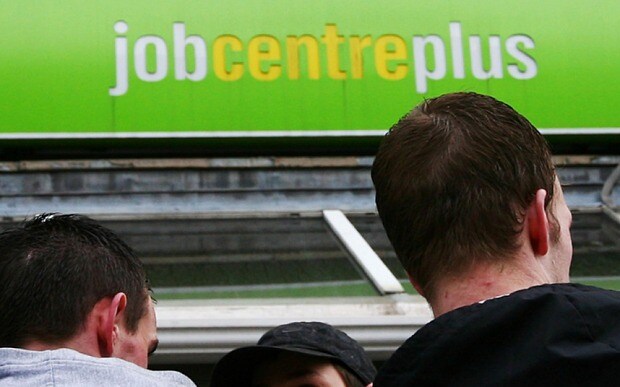Unemployment is rising, driven by concerns over hikes in employers’ national insurance contributions.
The UK’s job market showed further cooling signs in September, with unemployment rising to 4.3% from 4% in the previous quarter, per the ONS. Business leaders warned that recent budget measures, including higher employer National Insurance contributions (NICs) and an increased minimum wage, may hurt hiring and raise costs. Despite caution over data reliability, payroll numbers dropped by 9,000, and vacancies reached their lowest since May 2021.
Rising costs worry firms, leading some to hike prices or pause hiring. Asda and Sainsbury’s estimate NIC increases will cost £100m and £140m, respectively, possibly impacting consumer prices. Economists like Andy Haldane argue that tax increases could support public services, potentially expanding the labor pool. However, long-term youth unemployment remains high, and 9 million are economically inactive.
Meanwhile, average regular wage growth dipped to 4.8%, though total pay, including bonuses, grew from 3.8% to 4.3%. This trend, aligned with Bank of England projections, may lead to further interest rate cuts despite ongoing inflation concerns.











